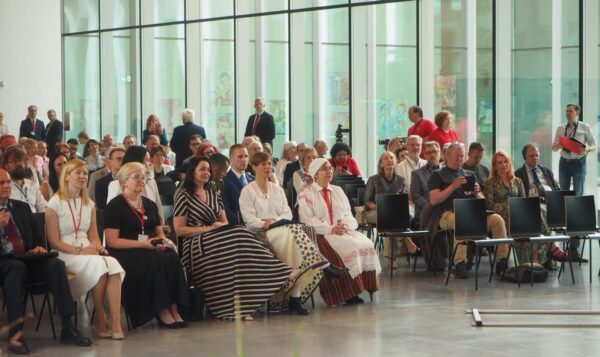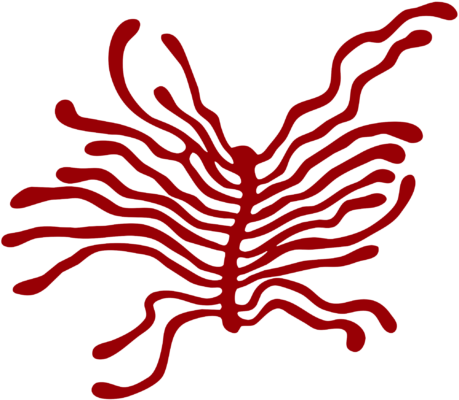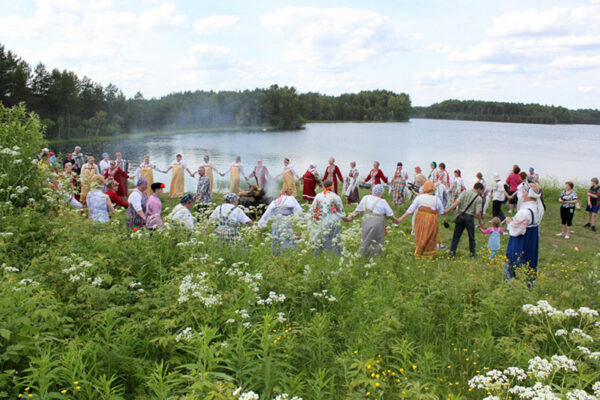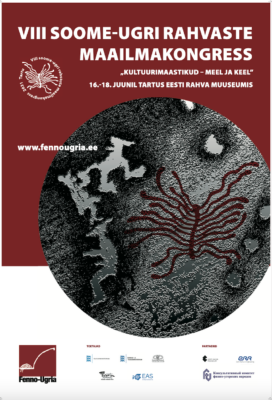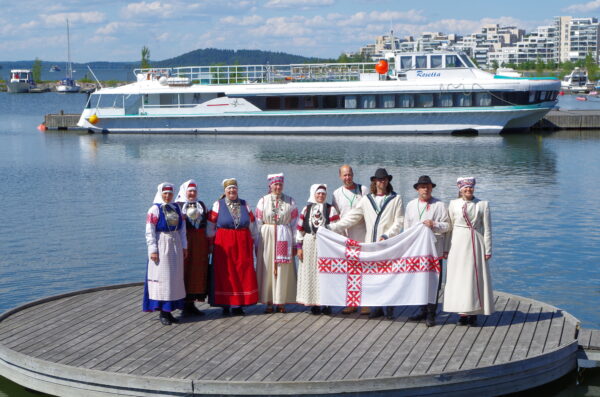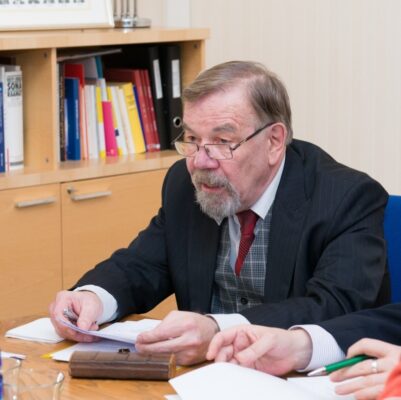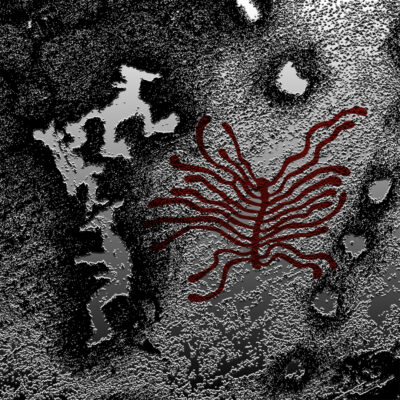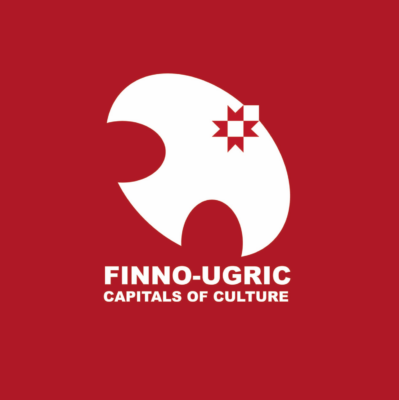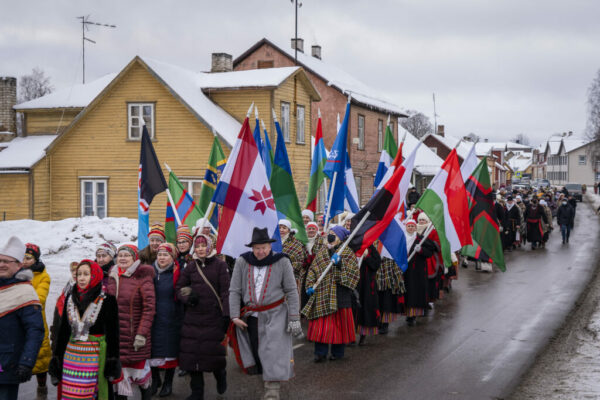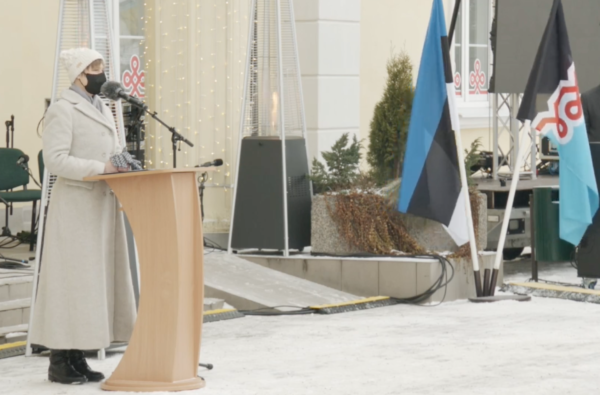2021
President Kaljulaid: Finno-Ugric language preservation matter of national survival
Preservation of the Finno-Ugric languages, including Estonian, is a matter of national survival for the peoples of the region, President Kersti Kaljulaid says.
Finno-Ugric peoples about to enter a new era in Tartu
TODAY: On Wednesday 16 June, the VIII World Congress of Finno-Ugric Peoples will begin in Tartu, in the Estonian National Museum.
"It's easy to be together!" #tartu2021fu
The preparations of VIII World Congress due to begin in Tartu on June 16, 2021, this time in a hybrid format, are in full swing. The versatile cultural programme and the slogan – "It's easy to be together!" – bridging our kindred nations, both the delegates and the observers, were revealed today.
VIII World Congress Hosts Unique Cultural Experiences in Tartu
Free programme includes viewings of documentaries, concert of chamber choir Collegium Musicale in Toomemägi, several special exhibitions and a free discussion in Loodusmaja.
Eesti Pank is issuing a two-euro coin for the Finno-Ugric peoples into circulation
Governor of Eesti Pank Madis Müller will present the commemorative coin and the coin card at the VIII World Congress of the Finno-Ugric peoples in the Estonian National Museum in Tartu.
Two planned large-scale summer events to go ahead
The government gave the go-ahead to two large-scale events planned for summer, amid falling coronavirus rates. June’s Eighth World Congress of Finno-Ugric Peoples and July’s …
Russian delegations, Putin could still attend the Finno-Ugric World Congress in Estonia
Tõnu Seilenthal says in an interview with Estonian World that even if the Russian Federation creates an “iron curtain”, the results of the cooperation so far will still support the vitality and continuity of the Finno-Ugric peoples of Russia.
Registration to the World Congress is open until 31 May
The VIII World Congress of Finno-Ugric Peoples will be held on 16–18 June 2021 at the Estonian National Museum in Tartu, Estonia. The Congress will be organized in a hybrid format and it will be possible to attend all the sessions either in-person in Tartu or virtually online. NB! Registration for journalists will end on 7 June 2021.
Finno-Ugric Capital of Culture 2022 Will Be Announced at the World Congress in Tartu
Thematic focus of the competition is provided by the upcoming International Decade of Indigenous Languages 2022-2032.
Mulgimaa takes centre stage as Estonia embraces its Finno-Ugric family
Abja-Paluoja, the capital of Estonia’s historic Mulgimaa region, has become the Finno-Ugric Capital of Culture 2021
President: More attention should be paid to different dialects
At an event celebrating Abja-Paluoja as the Finno-Ugric Capital of Culture on Saturday, President Kersti Kaljulaid encouraged people to support and maintain different dialects. The …
